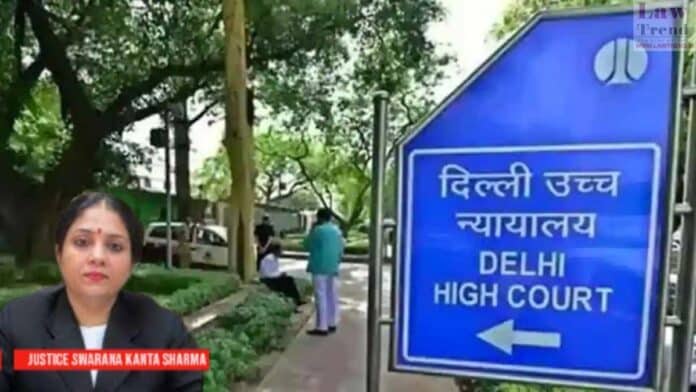The Delhi High Court has stressed the need to uphold the true purpose and spirit of the provision of furlough, or release of a prisoner for a short period after certain years of incarceration by way of motivation and incentive for maintaining good conduct and remaining disciplined in the prison.
The period spent by the prisoner outside the prison on furlough shall be counted towards his sentence.
Justice Swarana Kanta Sharma, in a recent order, observed that rigid and mechanical interpretations of prison rules could obscure the benevolent intent behind furlough, diminishing its significance in the lives of prisoners.
The court’s observations came in a case involving a man serving a life sentence for offences under the IPC and Pocso Act.
Despite the gravity of his crimes, the court granted him furlough for three weeks, acknowledging his good conduct in prison and his efforts at reformation. It noted the importance of empathy and understanding in administering justice, particularly in cases involving the mental well-being and rehabilitation of prisoners.
Justice Sharma said that solitary confinement should not hinder a prisoner’s path to reformation and stressed the role of courts in ensuring fairness and humanity throughout the judicial process. Drawing attention to Rule 1200 of the Delhi Prison Rules, which delineates the objectives of releasing prisoners on parole and furlough, the court praised the meticulous drafting that balances caution and foresight.
Also Read
It stressed that furlough provisions offer a glimmer of hope for individuals incarcerated, allowing them temporary release to reconnect with their families, seek medical treatment, and pursue rehabilitation programmes.
The court rejected the notion of denying furlough solely on the basis of the severity of the offence, saying that such an approach would undermine the purpose of the provision.




